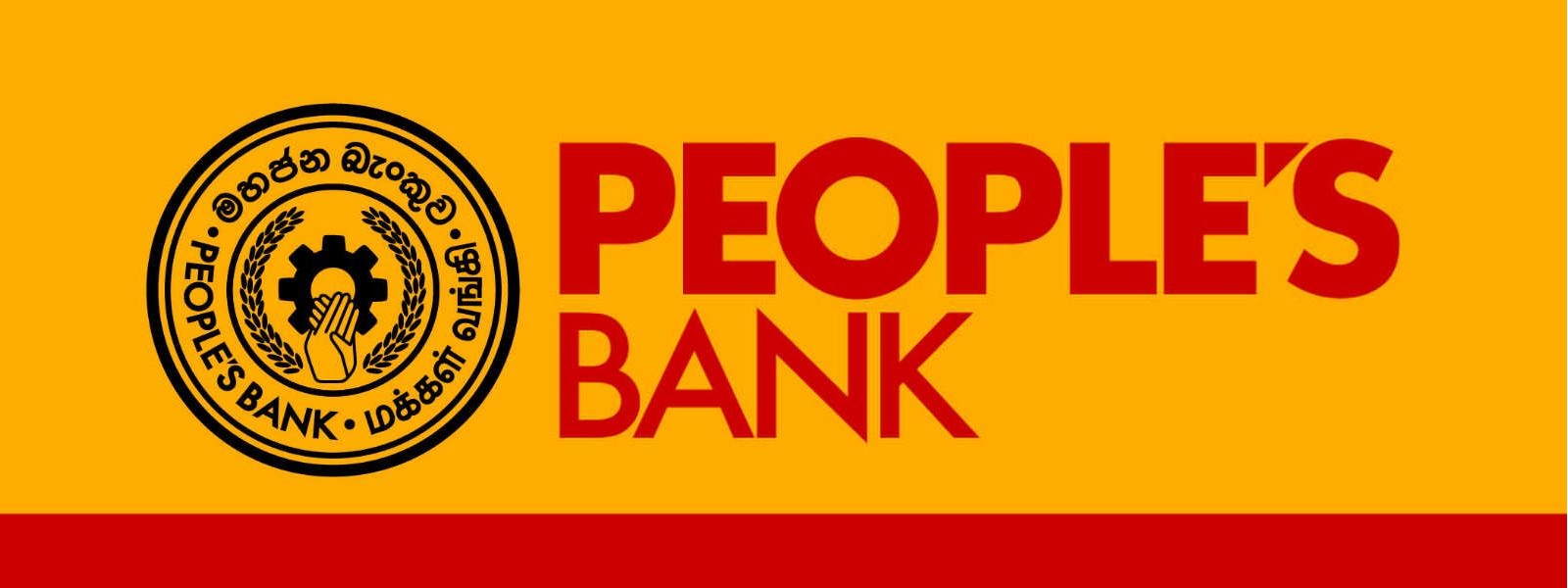.webp)

People’s Bank pays USD 6.9 mn Qingdao Seawin
COLOMBO (News 1st); The People’s Bank of Sri Lanka announced that a sum of USD 6.9 Million was paid to Qingdao Seawin Biotech Group Co., Ltd, on Friday (7) as per the Letter of Credit opened for the purchase of organic fertilizer.
This announcement comes three days after the Colombo Commercial High Court dissolved an order preventing the payment to a Chinese company for imported fertilizer.
The order was dissolved on the basis that the Chinese company and the Sri Lankan Government had reached a settlement on the issue.
Sri Lanka’s Fertilizer companies informed the court that they reached a settlement with regard to the controversial Chinese Organic Fertilizer shipment.
The terms that the plaintiff companies and the defendants, namely Qingdao Seawin Biotech Group Co., Ltd, its local agent, and People’s Bank, have agreed to for the settlement are as follows.
1. People’s Bank would release 75% of the consignment value to Qingdao Seawin Biotech Group Co., Ltd in terms of the Letter of Credit.
2. Qingdao Seawin Biotech Group Co., Ltd will obtain and provide certification for the raw material ingredients, and arrange fresh samples of a new consignment of organic fertilizer to be tested.
In terms of the contract, the samples should be free of pathogens and to ship the consignment only after the tested samples have been found to be in compliance with the Plant Protection Act, No. 35 of 1999, and after an Import Permit is obtained for the bulk shipment.
3. The amount released by People’s Bank will be set off after Qingdao Seawin Biotech Group Co., Ltd has shipped the second consignment.
The Government had earlier suspended the importation of organic fertilizer from Qingdao Seawin Biotech Group Co., Ltd. following the detection of pathogen in the samples.
Pathogen Detected:
On the 17th of September Sri Lanka’s Minister of Agriculture confirmed that a microorganism identified as ‘Erwinia’ was discovered in samples brought down ‘unofficially’ to Sri Lanka and tested.
The supplier was Qingdao Seawin Biotech Group Co., Ltd.
On September 29th, Sri Lanka’s Agriculture Minister Mahindananda Aluthgamage announced the suspension of organic fertilizer imports from China.
This was after Director-General of Agriculture Dr. Ajantha De Silva on 28th September confirmed that Harmful Bacteria was detected in a fresh sample (2nd batch) of Chinese Organic Fertilizer.
The Ceylon Fertilizer Company Limited had got a court order to block payment to Qingdao Seawin Biotech over the shipment of organic fertilizer which was contaminated.
The Colombo Commerical High Court had issued the against Qingdao Seawin Biotech, its local agent, and the People’s Bank.
Blacklisting People’s Bank :
The People’s Bank of Sri Lanka was then blacklisted by the Economic and Commercial Office of the Chinese Embassy in Sri Lanka for failing to make the payment according to the Letter of Credit and the contracts between the two parties.
However, People’s Bank said that is it bound by an enjoining order issued by the Commercial High Courts of Sri Lanka with regard to the trade transaction in question, which precludes the bank from processing the payment.
People’s Bank also said that the temporary delay in processing the said payment pertaining to the LC is solely due to the bank’s obligation to be bound by the legal directions of the country, as a responsible corporate citizen.
Letter of Demand:
On the 7th of November Qingdao Seawin Biotech Group Co., Ltd., the Chinese Organic Fertilizer Manufacturer sent a Letter of Demand to the National Plant Quarantine Service.
The Letter of Demand seen Exclusively by News 1st noted that Qingdao Seawin Biotech Group Co., Ltd., has suffered significant loss and damage in a sum of US$ 8 Million and continues to suffer further loss and damage due to loss of reputation and goodwill as well as existing and potential business, due to the negligent conduct of the National Plant Quarantine Service.
Other Articles
Featured News





.png )
-822339_550x300.jpg)




-822299_550x300.jpg)




-819380_550x300.jpg)


-812087_550x300.jpg)
-810262_550x300.jpg)
















.gif)